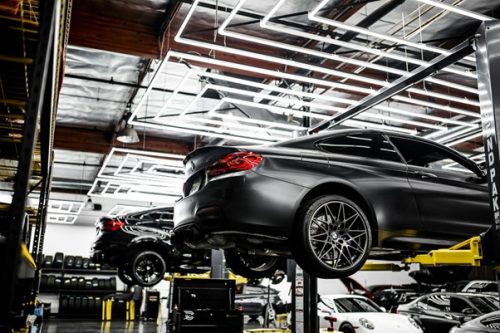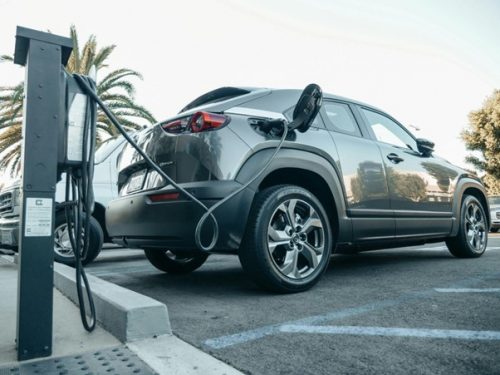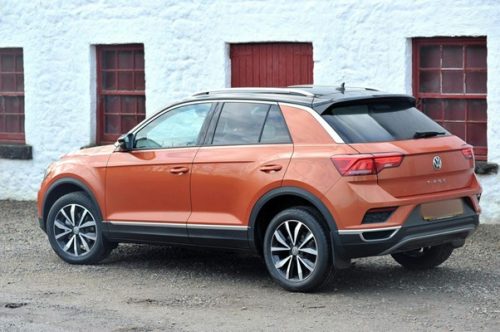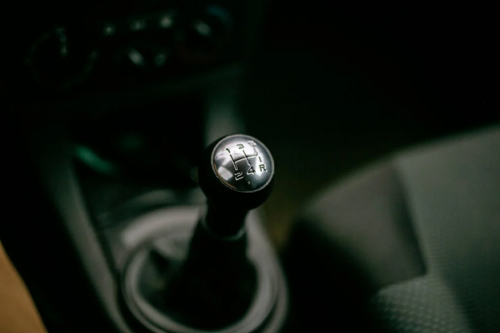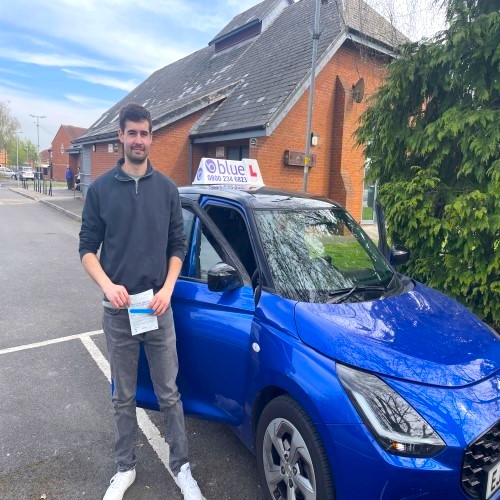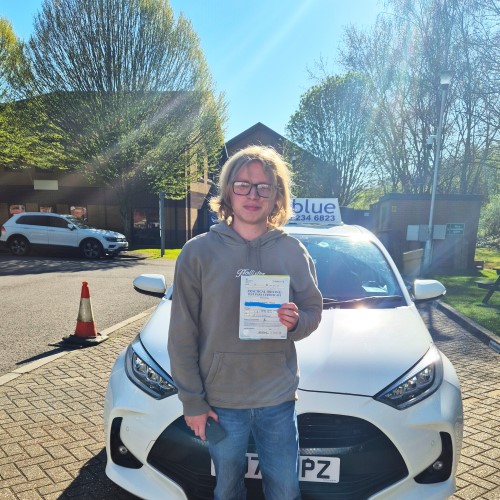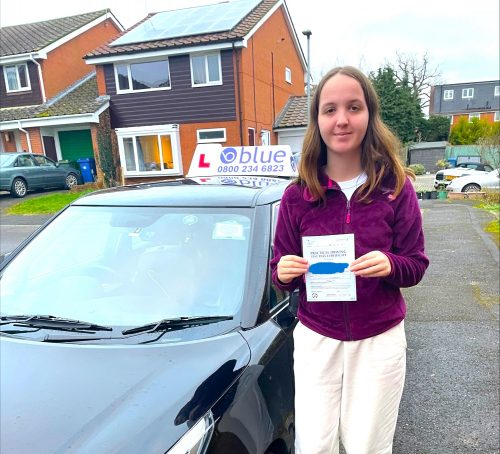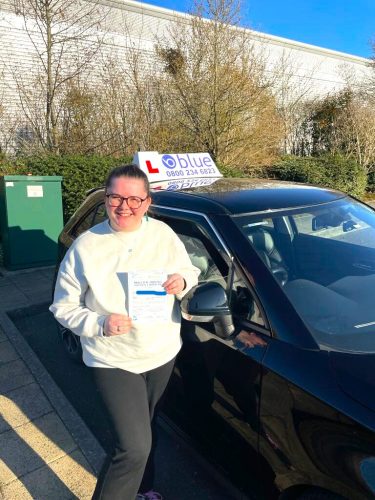
4 Crucial Things That You Need To Do After Purchasing Your First Car
Posted in: Driving Tips, News.
You’ve just bought your first car—congratulations! The sense of freedom and excitement is unparalleled. But as you take a minute to soak it all in, you might start to wonder, “What comes next?” Purchasing a vehicle is a significant milestone, but it’s also the beginning of a series of responsibilities. From understanding your car’s needs to ensuring it stays in top condition, there’s a lot to consider. In this article, we’ll delve into key steps you should take after driving your new car off the lot.

Get to Know Your Car Inside and Out
Your first order of business should be to familiarise yourself with your new ride. And no, we’re not just talking about knowing where the horn is. Dive into the owner’s manual, learn about the car’s various features, and understand what all the buttons and knobs do. This isn’t just for your convenience; knowing your car well can be a lifesaver in emergencies.
Your car’s manual will also provide insights into the recommended maintenance schedule, which you should adhere to religiously. While you may think you can judge when your car needs attention, manufacturers spend a lot of time determining optimal service intervals. Trust them; they know what they’re talking about.
Secure Your Investment
After the initial euphoria wears off, it’s time to think about safeguarding your investment. One smart move would be to install a GPS tracking system. While the primary function of a GPS tracker is to provide directions, advanced systems, such as those available from Rewire Security, can do much more. They can monitor your car’s location in real-time, which is invaluable in case of theft. Some trackers even provide information on driving habits, which can be beneficial for new drivers keen on improving their skills.
Insurance is another non-negotiable. Don’t just go for the first policy you come across; shop around and compare rates. While it might be tempting to opt for the cheapest insurance available, make sure it provides adequate coverage. After all, it’s better to have it and not need it than to need it and not have it.
Keep an Emergency Kit Handy
We all like to think that emergencies won’t happen to us, but it’s better to be prepared. Your car should have a well-stocked emergency kit at all times. This kit should include essential items like water, non-perishable food, a first-aid kit, a flashlight, batteries, and basic tools. It’s also a good idea to have a blanket and some warm clothing, just in case you find yourself stranded in cold weather.
The UK’s unpredictable weather can make driving conditions hazardous, especially for new drivers. During winter, consider adding items like de-icer, an ice scraper, and maybe even a small shovel to your emergency kit. A well-prepared driver is a safer driver.
Schedule Regular Maintenance Checks
We often hear the saying, “If it ain’t broke, don’t fix it.” While this might apply to some things in life, it certainly doesn’t hold true for car maintenance. Regular service checks are crucial for keeping your car in optimal condition. From oil changes to brake inspections, these routine visits to your mechanic can prevent minor issues from turning into major problems.
In the UK, the MOT (Ministry of Transport) test is a legal requirement for cars that are three years or older. This annual test ensures your vehicle meets road safety and environmental standards. Missing an MOT test isn’t just illegal; it could also mean your insurance is invalidated. Mark the date in your calendar, set reminders, do whatever it takes to not forget this critical appointment.
Tags: 4 Crucial Things That You Need To Do After Purchasing Your First Car





